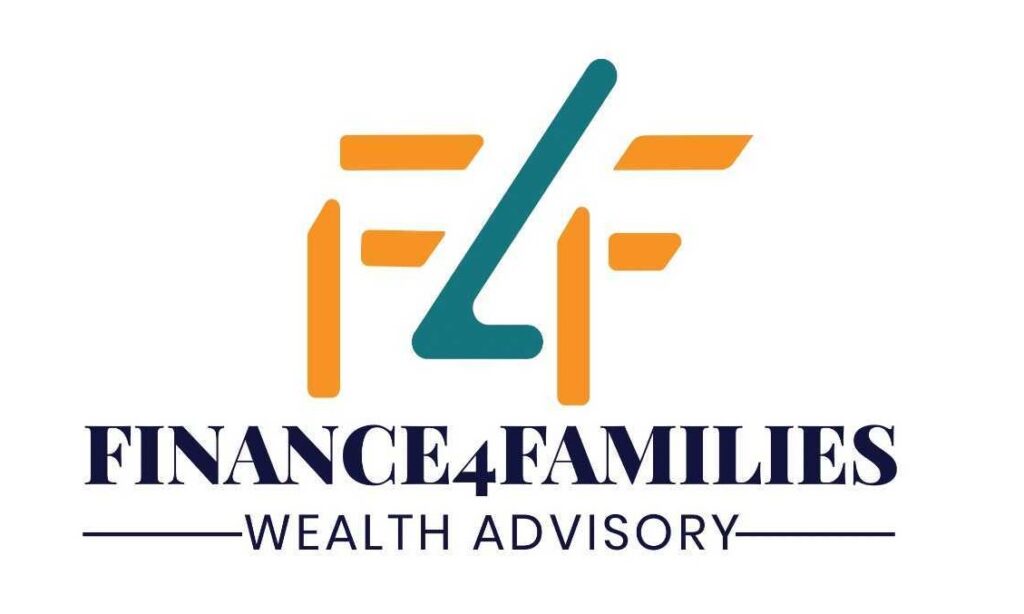Many of us find it challenging to bring up the subject of personal income, whether it’s with family members, or even close friends. However, embracing financial transparency, especially when it comes to income, can foster a deeper understanding of financial wellness and promote healthier relationships with money. What are some of the reasons we often shy away from income discussions?? and are there practical ways to break the silence, particularly within our close family circles?
Why We Avoid Discussing Our Income
- Privacy and Social Norms:
The notion of income as a deeply personal matter is ingrained in many cultures and societal norms. In many Kenyan communities, discussing money matters is considered taboo. The expectation of privacy surrounding income can lead to reluctance in discussing financial matters openly. - Social Comparison and Judgement:
Fear of being compared to others or facing potential judgement based on income levels can create anxiety around discussing personal financial details. Many Kenyans fear judgment or envy from their peers and family members. In a society where financial status can influence social standing, revealing one’s income might lead to unwanted comparisons or expectations. - Power Dynamics:
Income inequalities within relationships or family dynamics can lead to discomfort, as conversations about income may inadvertently highlight disparities and create tension. In many Kenyan families, where cultural expectations dictate that men often take on the role of primary breadwinner, a woman’s income may be undervalued or unacknowledged. If a woman earns more, this can challenge traditional gender roles and provoke resistance or discomfort from her partner or family members. - Lack of Financial Literacy
A significant factor contributing to the reluctance in discussing income is a general lack of financial literacy. Many Kenyans are not equipped with the knowledge or confidence to engage in discussions about financial management, investments, and income generation. Without a solid understanding of financial concepts, individuals may feel inadequate or vulnerable in conversations about money, leading them to retreat into silence rather than seeking support or guidance.
Ways to Break the Silence About Income
- Foster Open Communication:
Encourage open and empathetic communication within the family, creating a safe space to discuss financial matters without fear of judgment. - Lead by Example:
As a proactive step, consider initiating the conversation about income within the family, demonstrating a willingness to be transparent and encouraging others to do the same. - Emphasize Shared Goals:
Highlight the collective aspirations and financial goals of the family, thereby framing income discussions as a means to work together towards common objectives. - Normalize Financial Conversations:
By integrating casual discussions about money matters into everyday interactions, underscore the importance of financial transparency and reduce the stigma associated with income discussions. - Seek Guidance Together:
Consider engaging in financial education or seeking professional advice as a family unit, fostering a shared understanding of financial principles and practices.

Embracing Financial Transparency in Family Relationships
Opening up about income within the family can lay the groundwork for stronger familial bonds and deeper financial literacy. By acknowledging the reasons behind the aversion to income discussions and actively promoting transparency, families can cultivate an environment of support, understanding, and collaboration in matters of finance.
Initiating constructive conversations about income and finances can ultimately empower family members to make informed decisions, set collective financial objectives, and navigate financial challenges together. Through deliberate efforts to break the silence surrounding income, families can create a culture of financial transparency, fostering stronger relationships and a shared commitment to financial well-being. It’s time to shatter the taboos surrounding income discussions and embrace financial transparency as a pathway to greater financial health and harmony within the family unit.

